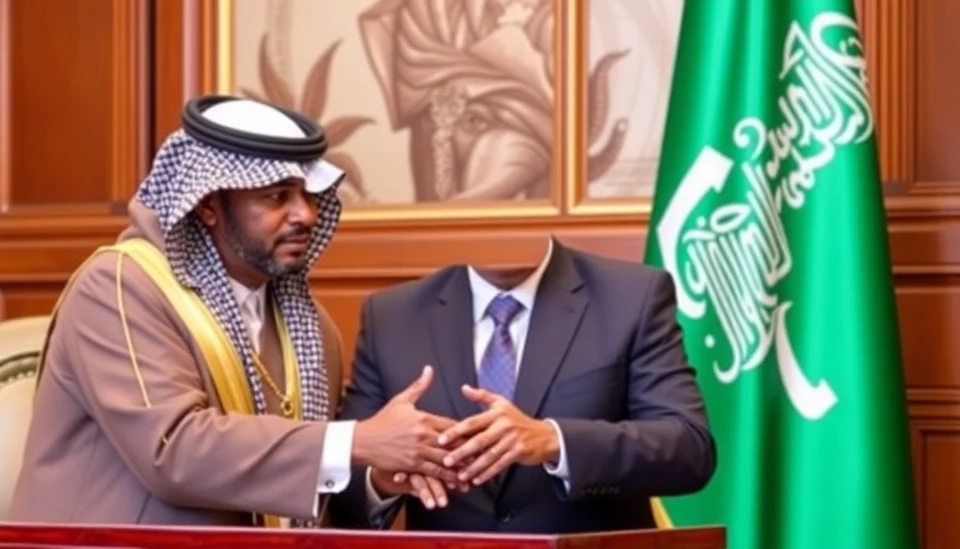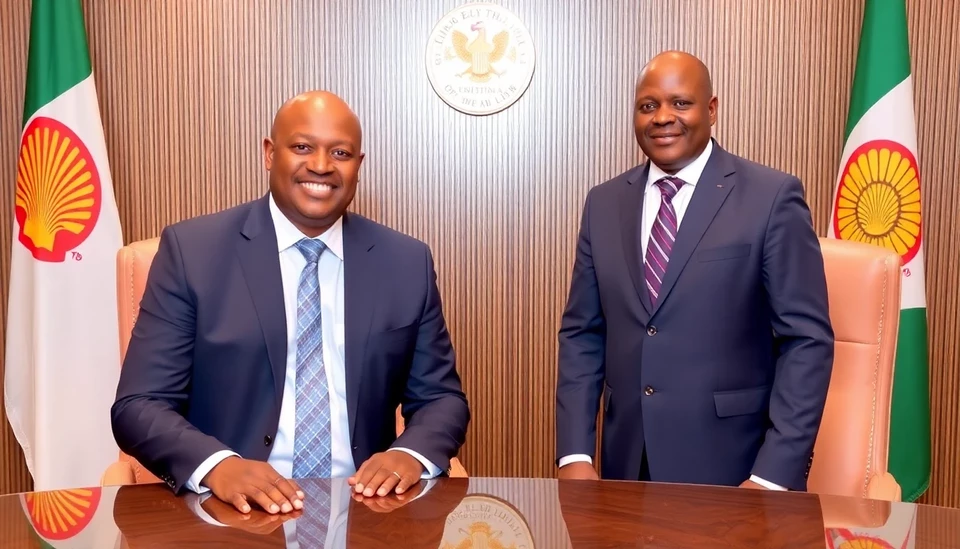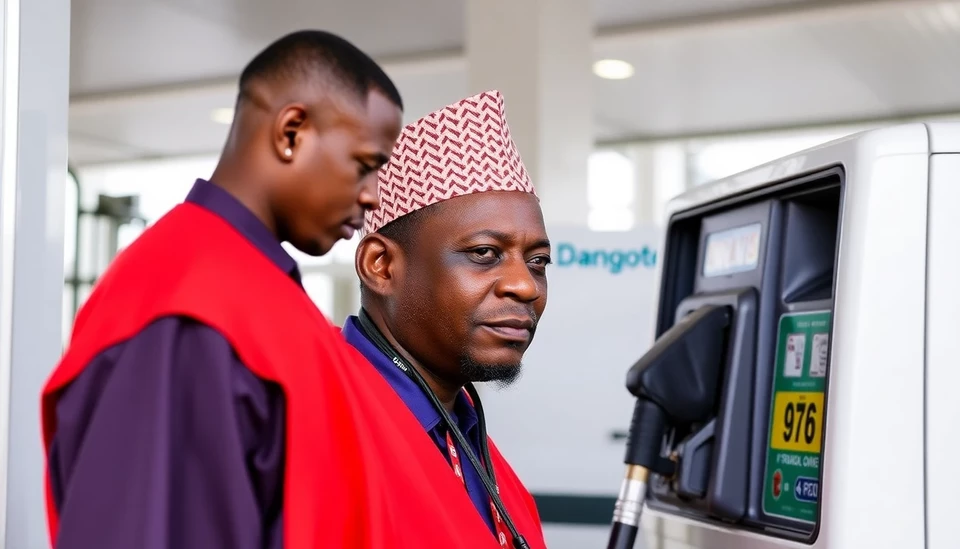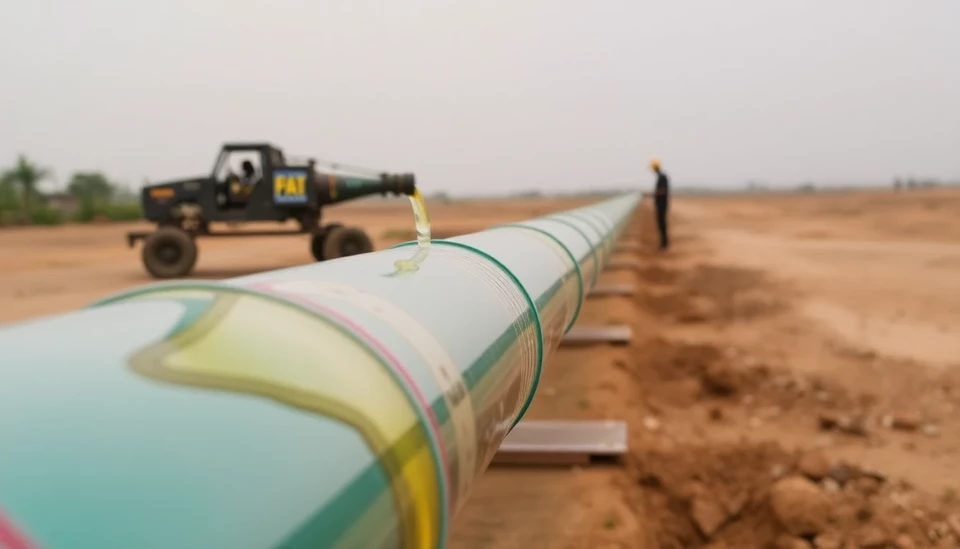
In an ambitious move to bolster its economy, Nigeria is currently negotiating for a substantial $5 billion trade facility from Saudi Arabia. This effort is part of a broader strategy by Nigerian officials to enhance their country’s economic ties and secure foreign investment which has been increasingly elusive in recent years. The talks were formally initiated during a recent visit by Nigerian President Bola Tinubu to Saudi Arabia, showcasing his administration's commitment to diversifying funding sources and attracting international capital.
This proposed trade facility aims to provide Nigeria with financial backing to support its burgeoning sectors, particularly agriculture, technology, and infrastructure development. As Nigeria grapples with economic challenges including inflation and rising unemployment, such financial support from a major oil-rich nation like Saudi Arabia could significantly alleviate some of the financial pressures facing the country.
Officials in Nigeria perceive Saudi Arabia not only as a vital partner in trade but also as a pivotal player in energy discussions, given the ongoing global transitions in energy production and consumption. The Saudi government, known for its substantial financial reserves, could see this collaboration as a means to diversify its own economy beyond oil by investing in Nigeria’s growing markets.
Economic analysts view this potential partnership as mutually beneficial; while Saudi Arabia seeks to enhance its investment portfolio and mitigate reliance on oil revenues, Nigeria is in desperate need of foreign investment to revitalize its economy. The negotiations are expected to focus not only on financial commitments but also on facilitating technology transfers and improving trade relationships between the two countries.
Furthermore, Nigeria has expressed a strong interest in collaborating on renewable energy projects, aligning with Saudi Arabia’s Vision 2030, which emphasizes sustainable economic reforms. This could present a unique opportunity for both nations to position themselves as leaders in the renewable energy sector, especially given Nigeria’s abundant natural resources and youthful population.
As these discussions progress, the stakes are high for both nations. Nigeria must demonstrate its capability to manage foreign investment effectively and create an enabling environment for business, while Saudi Arabia is keen to ensure that its investments yield substantial returns. The outcome of these negotiations could potentially reshape the economic landscape of Nigeria and bolster Arabian investment strategies across Africa.
While the outcome remains uncertain, the implications of a successful agreement would be profound. Stakeholders in both Nigeria and Saudi Arabia are eagerly awaiting the results of these negotiations, recognizing the long-term impact such a partnership could hold for both nations and the broader region.
As the world watches, the decisions made in the coming weeks could herald a new chapter in Nigeria's economic narrative and transform its international standing. The possibility of securing a $5 billion trade facility is not just a financial transaction; it is a potential turning point in geopolitical relations within the volatile yet vibrant African market.
#Nigeria #SaudiArabia #TradeFacility #EconomicPartnership #ForeignInvestment #EnergySector #RenewableEnergy #AfricaEconomy
Author: Laura Mitchell




